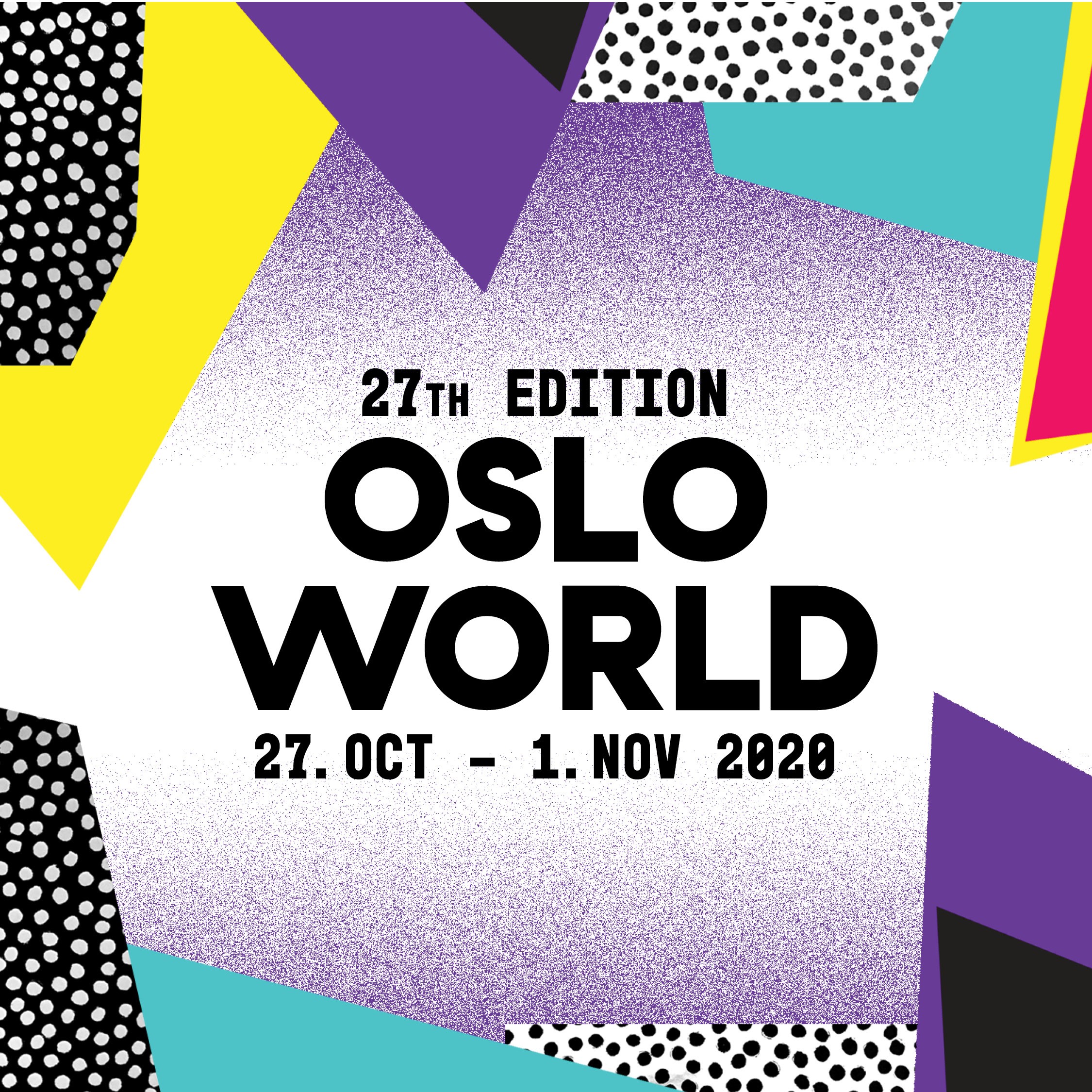Menu
Close
Nico D + Temur

Hip hop
Oslo World
Saturday 31. October 2020
The doors open at 20:00
Venue
Cosmopolite
Ticket price
350/300,- +avg
Age limit
18 years with valid ID
Seats
Unnumbered
Nico D + Temur
Dobbelkonsert med Nico D + Temur
Double concert with Nico D + Temur
NICO D
Nico D is an obvious booking when Oslo World for the very first time only books artists living in Norway. Ever since the French-born Oslo singer wrote Scandinavian music history by going to the top of the Jamaican charts with the Jah Mason-visited roots reggae song "Ruff Times" in 2009, he has been one of the Nordic region's leading reggae artists.
In this country, Nicolas Albert Holter is perhaps best known for his close collaboration with Admiral P and the sound system Jah Ark Manifesto, with Daniel “Lion” Midtskogen. But ever since he made his solo debut in 2003 with the single "Legaliser", Nico D has cultivated both the international and Norwegian part of his career. He has performed at some of the world's biggest reggae festivals and toured in France at the same time as he created waves with the Admiral P collaboration "Engel" here at home, which became a big hit and won Spellemann for song of the year. If you dive further into Nico D's catalog, you will find songs and mixtapes with leading producers in Jamaica.
At the same time, he has been a key performer at a time when the Norwegian language has been used in ever new ways in pop music. Once upon a time, reggae in Norwegian was seen as a bit condescending, as a novelty phenomenon best known through pranks from artists who did not master the genre. When that is no longer the case, Nico D has a lot of credit for it. When Oslo World welcomes him to our festival, it is an artist with a rich catalog to draw on - from songs that have become part of the folk soul, to new international reggae and back again. til ny internasjonal reggae og tilbake igjen.
TEMUR
In 2017, something remarkable happened in the history of Norwegian power expressions. Suddenly it was no longer possible to come up with the well-used banning classic "Fy faen" without someone adding "fy, fy, faen". The reason for that was Norway's biggest national annoyance that year, the single "Fy Faen", signed by Temur and Hkeem. It rushed to the top spot of Norwegian Spotify, was streamed around 200,000 times a day and got high rotation in countries such as Sweden, Spain and Italy, which got their ears open for something as exotic as Norwegian swearing after the song was played in the hit series "Skam".
The song was a result of Temurs collaboration with Hkeem. They met through mutual acquaintances after Temur had started rapping and singing, first in the schoolyard and then in a more orderly setting through a leisure offer at Torshov. Temur wrote his first rap text when he was thirteen. At the time, he was inspired by 50 Cent and The Game. It took a while before he found rap in the Oslo dialect he liked, but eventually his ears were opened to Karpe, Arif and Kaveh. Now Temur Ahmed is among the artists who bring this part of pop music forward.
When he describes his own expression, he says that he tries to be a "current sound" and at the same time a unique voice in new Norwegian pop: It is hip hop for the streets, supplemented with choruses that are easy to sing along to. He has grown up on Grünerløkka and Veitvet and the background characterizes what he wants to say, a clear eastern edge voice that wants to highlight underrepresented perspectives, whether it is low-resource underdogs, or ordinary eastern edge families.
On the whole, the 22-year-old is an artist who, like a number of other strong personalities from the same generation, hovers a bit between two distinct worlds - he has friends among those who choose to go against the flow and who break with societal norms, but also a strong relationship with those who make safe choices and who want a more predictable future. This position, somewhere in the middle, between adaptation and uniqueness, between acceptance and underdog position, is characteristic of the new music from Oslo, and Temur naturally fits in right here. "I see things from the outside and have a different perspective on things," he said. "I am more aware of the role I have in not belonging, or taking sides - I am also a thinker."



